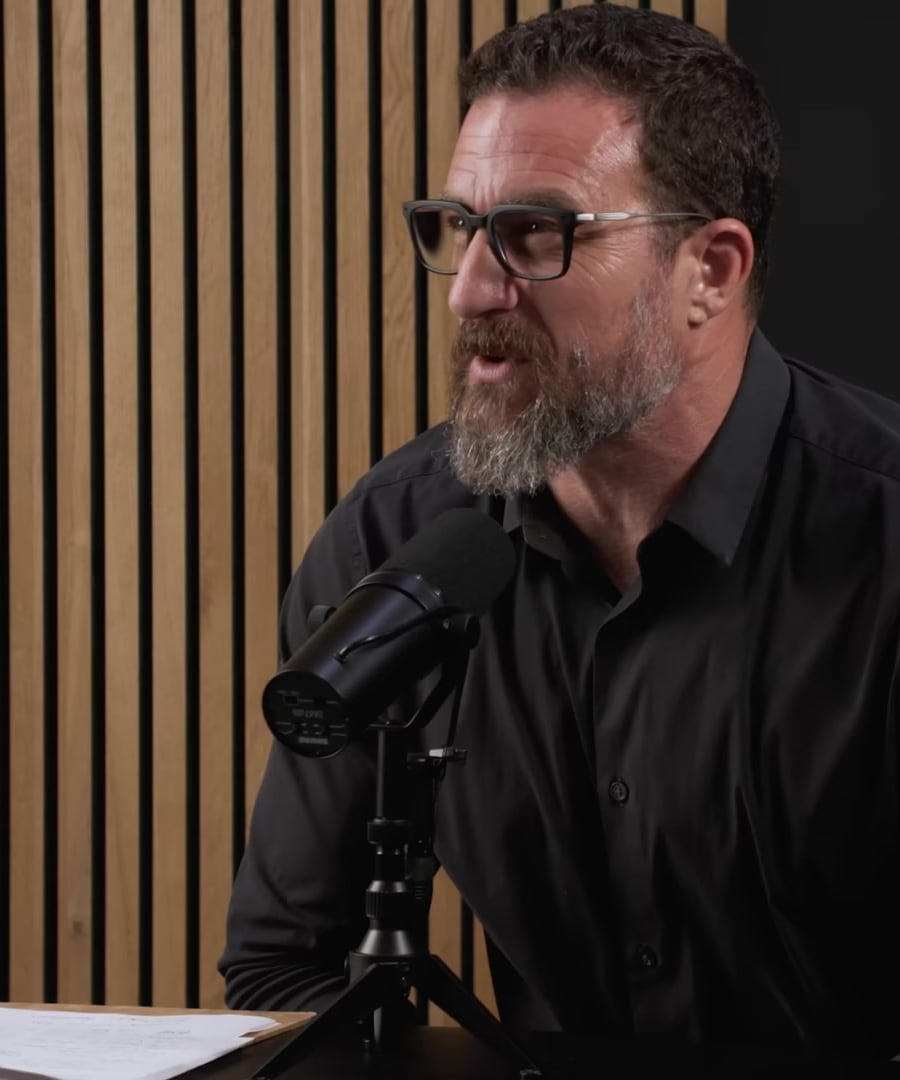How does social media impact isolation?
Sources:
Social media has changed the nature of human dialogue, possibly leading to more hurtful interactions and a decline in self-esteem. The ease of comparing oneself to others online exacerbates feelings of inferiority, and people often feel pressured to maintain aesthetics of happiness on social media despite internal struggles with isolation 1.
Furthermore, social homeostasis, the regulatory process maintaining a specific set of social interactions, can be disturbed by social media use, leading to loneliness or altered perceptions of social abundance or scarcity. Comparing social interactions to caloric intake, periods of both abundance and deficit in social connection can significantly influence well-being 2.
During COVID-19 lockdowns, the question was raised about the role of social media in mitigating loneliness, with an indication that some people may have felt more isolated despite remaining virtually connected through these platforms 3.
Finally, social isolation has been linked to increased cravings for food, which can be considered as a substitute for the dopamine release usually achieved through social interactions 4. If this social isolation continues long-term, there can be a risk of becoming more introverted or antisocial, illustrating the importance of regular, meaningful social exchange for mental health 5.
Overall, while social media can offer the illusion of connectivity, it can also contribute to feelings of isolation and inadequacy and may inadequately replace face-to-face interactions vital to human well-being.
RELATED QUESTIONS
How does social media impact isolation?
- RELATED QUESTIONS




